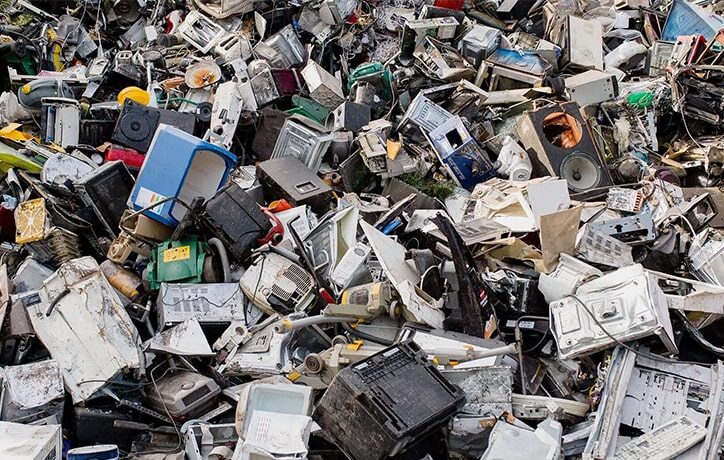In today’s technology-driven world, electronic waste (e-waste) has become a pressing environmental concern. The disposal of electronic devices, from smartphones to refrigerators, poses significant risks to the environment and human health due to hazardous materials contained within. To address this issue, governments worldwide have implemented Waste Electrical and Electronic Equipment (WEEE) regulations. Understanding and complying with these regulations not only helps protect the environment but also offers several benefits to businesses and consumers alike.
Reducing Environmental Impact
One of the primary benefits of adhering to WEEE regulations is the reduction of e-waste and its harmful effects on the environment. By implementing proper disposal and recycling practices, businesses can minimize the amount of electronic waste sent to landfills, thereby conserving valuable resources and preventing pollution of soil and water.
Promoting Resource Conservation
Complying with WEEE regulations also promotes resource conservation by encouraging the recycling and reuse of electronic components and materials. Many electronic devices contain precious metals and other valuable resources that can be recovered and reused in new products, reducing the need for raw material extraction and lowering manufacturing costs.
Minimizing Legal Risks
Failure to comply with WEEE regulations can result in legal consequences for businesses, including fines and penalties. By understanding and adhering to these regulations, companies can minimize the risk of non-compliance and ensure that their operations remain in line with legal requirements.
Enhancing Corporate Reputation
Adopting environmentally responsible practices, such as compliance with WEEE regulations, can enhance a company’s reputation among consumers, investors, and other stakeholders. Demonstrating a commitment to sustainability can differentiate a business from its competitors and attract environmentally conscious customers.
How to Comply with WEEE Regulations
- Understand the Requirements: Familiarize yourself with the specific WEEE regulations applicable in your region, including registration, collection, treatment, and recycling obligations.
- Implement Collection Systems: Establish systems for collecting and managing electronic waste from your products, whether through in-house recycling programs or partnerships with certified recycling facilities.
- Ensure Proper Labeling: Ensure that your products are labeled with appropriate disposal instructions and symbols, informing consumers about the importance of recycling and proper waste management.
- Partner with Certified Recyclers: Work with certified recycling partners to ensure that electronic waste is handled and processed in accordance with regulatory standards, minimizing environmental impact and legal risks.
- Provide Consumer Education: Educate consumers about the importance of recycling electronic waste and provide information on how they can responsibly dispose of old devices.
By following these steps and incorporating WEEE compliance into your business practices, you can reap the benefits of reduced environmental impact, resource conservation, and enhanced reputation while avoiding legal risks associated with non-compliance. Embracing sustainability not only benefits the planet but also contributes to the long-term success of your business.











